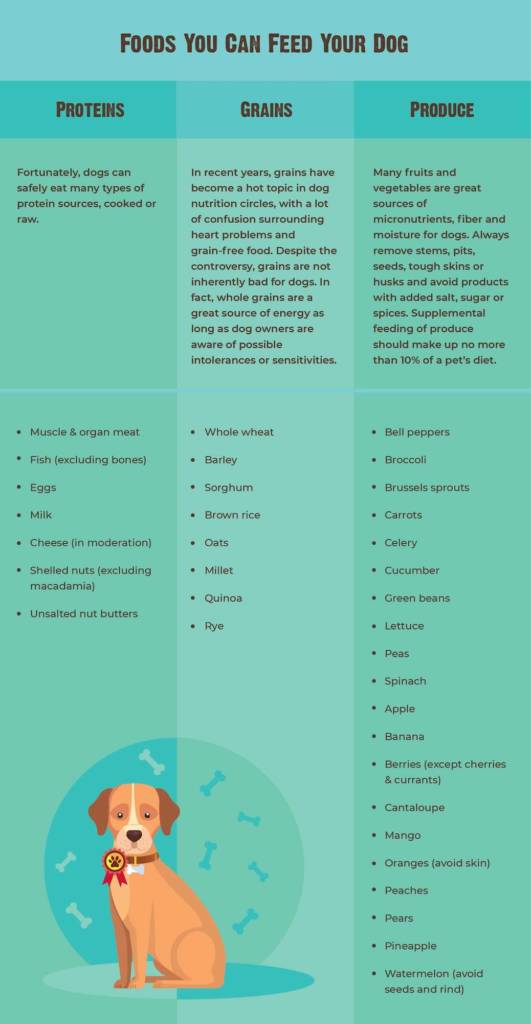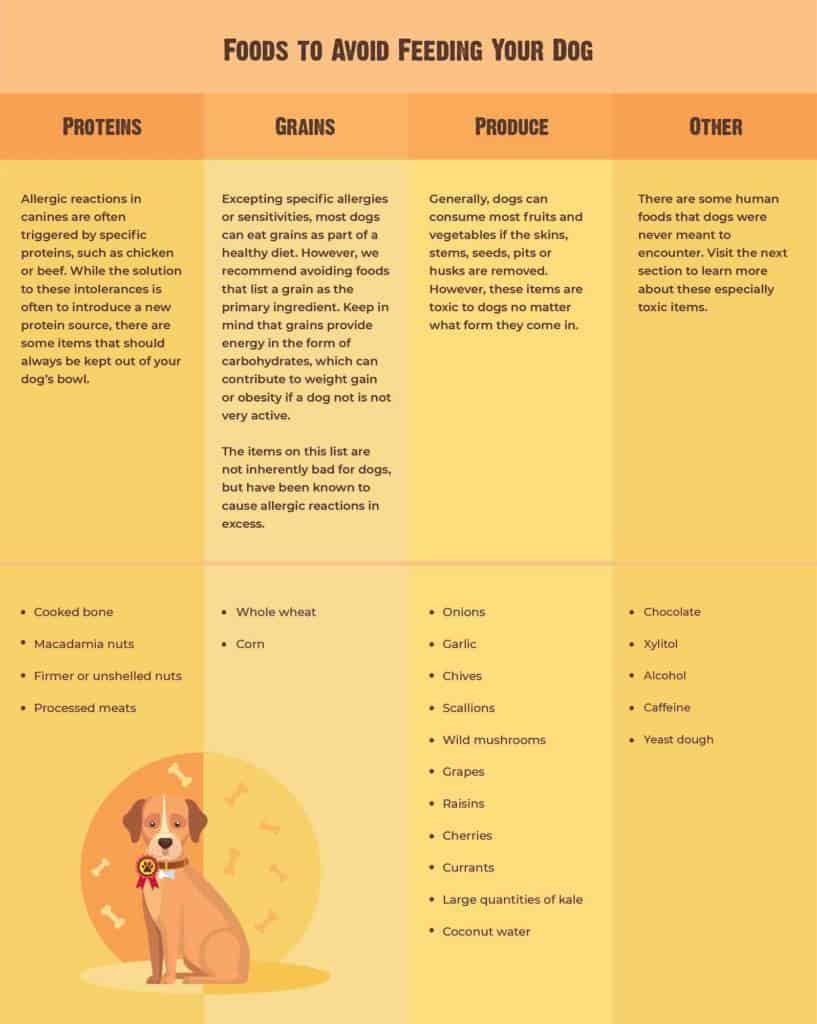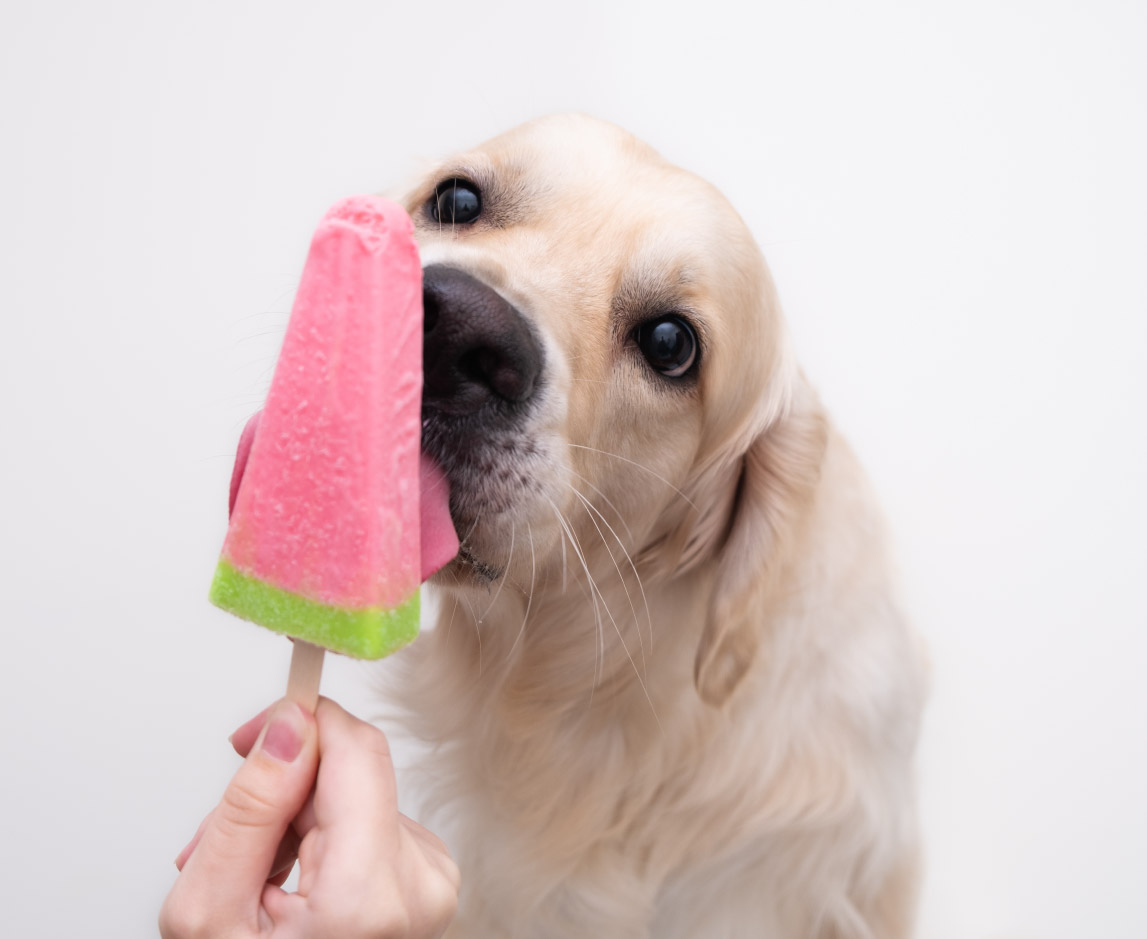Most dog parents consider their dog to be a family member, and it can be tempting to give your canine “kid” food from your own plate. However, dogs have unique nutritional needs to maintain optimal health, and simply feeding your dog whatever you eat is not ideal, and may even be unsafe. Here, we cover which “human foods” can be included as treats or ingredients in a balanced canine diet — while also sharing must-have information about the foods dogs cannot eat.
Of course, your dog may have specific allergies or sensitivities to foods not covered here. An allergy panel or elimination diet are the best ways to determine the source of a dog’s unusual reaction to an otherwise safe food.
>Related Reading: The Best Dog Food For Sensitive Stomachs [with FAQs]
What Human Foods Can Dogs Eat?
As with us humans, moderation is key when it comes to supplemental feeding, even with typically tolerated or healthy foods. Many dog owners assume our dogs can eat just about anything, with some family dogs lovingly referred to as “vacuums” for their tendency to inhale any and all scraps. The following chart provides a guide to the proteins, grains, fruits and vegetables that get a green light for canine consumption.

What Human Foods Are Bad For Dogs?
While human nutritionists may say “there are no good or bad foods,” some human foods can be toxic or cause allergic reactions in dogs. The following chart features foods that dogs need to avoid at all costs.

Especially Toxic Foods for Dogs
When fed sporadically and in small amounts, most non-pet foods are safe for dogs to eat. However, some human foods are particularly harmful to our canine companions:
Alliums – Avoid feeding your dog anything onion-y, including chives, scallions and garlic. Garlic, in particular, can cause anemia in dogs, which features symptoms such as an elevated heart rate, pale gums or general weakness. If ingested, monitor your dog’s health for a few days, as symptoms can sometimes be delayed.
Macadamia Nuts – These nuts, while delicious, are incredibly poisonous to dogs. Ingesting macadamias can lead to an increase in body temperature, lethargy and an inability to walk.
Chocolate – Although some dog owners believe this to be a myth, chocolate is very toxic to dogs due to a substance called methylxanthine. Even a small amount of chocolate (particularly dark varieties) causes gastrointestinal distress. Larger amounts can lead to seizures, heart arrhythmia and even death.
Alcohol – Fortunately, dogs are not naturally attracted to the smell or taste of alcohol. If consumed, it can cause a range of symptoms including low blood sugar, low blood pressure, low body temperature, lethargy, lack of coordination, vomiting or slowed breathing.
Xylitol – This artificial sweetener frequently used in chewing gum can lower blood sugar and cause vomiting, lethargy and loss of coordination.
Introducing Your Dog to Human Food
When it comes to introducing your dog to new (safe) human foods, the same rules apply as to feeding them in general. Moderation and a gradual introduction will help your dog tolerate a new food and maintain a smooth digestion process.
However, if you observe any unusual symptoms or behavior in your dog following the consumption of a new or non-typical food, contact your veterinarian or the ASPCA’s Animal Poison Control hotline immediately. Even if symptoms do not seem that extreme, do follow up with your veterinarian.
For the bulk of their regular meals, it’s best to stick to recipes formulated specifically for dogs. Dog foods high in raw or minimally processed proteins, low in carbohydrates and high in moisture are designed to help your dog live a long and healthy life. With ingredient lists full of things most humans would recognize, RAWZ Meal-Free Dry Food and Gum-Free Wet Food provide the nutrition and flavors dogs love.






